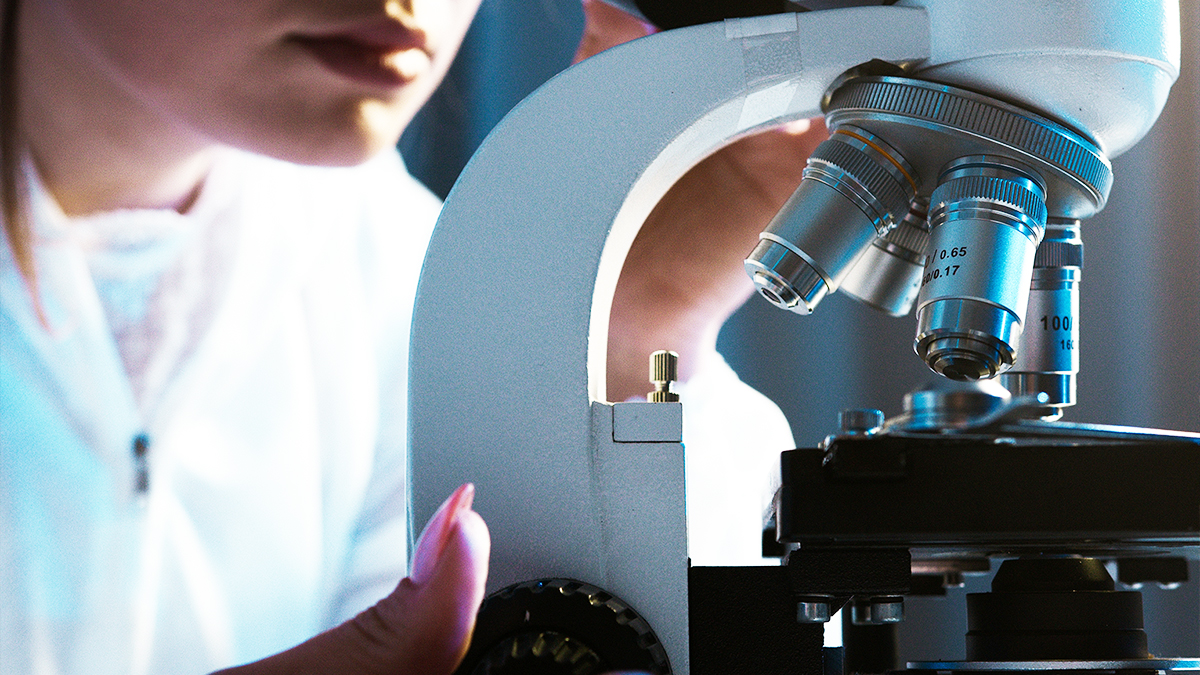
Projects to develop therapies for childhood cancer and phantom limb pain have been awarded MRFF grants.
UNSW Sydney researchers have received over $3 million from the 2021 Rare Cancers, Rare Diseases and Unmet Need (RCRDUN) grant program funded under the Medical Research Futures Fund (MRFF).
The two UNSW grants were among the 27 projects awarded RCRDUN funding, which aims to increase clinical trial activity in Australia for rare cancers and diseases by supporting new, high-quality research.
Rare cancers and diseases are specific, life-threatening or chronically debilitating health conditions that affect fewer than one in 2000 people.
UNSW Medicine & Health Associate Professor David Ziegler and senior staff specialist at the Kids Cancer Centre at Sydney Children’s Hospital will lead a platform trial of combination precision-guided therapies for high-risk childhood cancer.
Professor James McAuley, at UNSW Medicine & Health and Senior Research Scientist at Neuroscience Research Australia (NeuRA), will head research to improve the lives of people with phantom limb pain.
Dean of UNSW Medicine & Health, Scientia Professor Vlado Perkovic congratulated the researchers on receiving these grants.
“These successes speak to the innovative nature of the projects to help improve the lives of patients with rare diseases,” said Prof. Perkovic.
“This is an amazing outcome for our researchers, and I congratulate them for the excellent work they deliver to ensure improved health outcomes for communities.”
Support for high-risk childhood cancer
A/Prof. Ziegler’s project was awarded $1,515,180 to trial combination precision-guided therapies for high-risk childhood cancer, based on each child’s individual tumour profile.
Located at Sydney Children’s Hospital, the project will support targeted treatments based on precision medicine for children with the most aggressive cancers.
“This funding will allow us to open research at every children’s centre across the country, not just in NSW, which is incredibly exciting,” said A/Prof. Ziegler.
“This program is opening to every child with cancer, for those where standard treatment has failed.
“It will allow them to access cutting-edge new targeted therapies.”
Phantom limb pain relief
Around 80 per cent of people who have a limb amputation experience pain in the ‘missing’ limb, known as ‘phantom limb pain’.
Awarded $1,531,130, the TITAN trial project led by Prof. McAuley will see world-leading Australian researchers at UNSW, University of South Australia and Monash University collaborate to test the most promising non-drug treatment for phantom limb pain.
“The pain and phantom sensations can be very intense and disturbing, and there are no interventions for phantom limb pain that are supported by high-quality research,” said Prof. McAuley.
“Many people with phantom limb pain resort to taking strong pain medication that often has side effects.
“Medicines can help dull the pain but do not offer a long-lasting solution. Non-drug treatments are a promising alternative that aim to cure phantom limb pain.”
TITAN is the largest clinical trial conducted for people with phantom limb pain, and will recruit 180 people with this condition from across Australia.
- Log in to post comments
